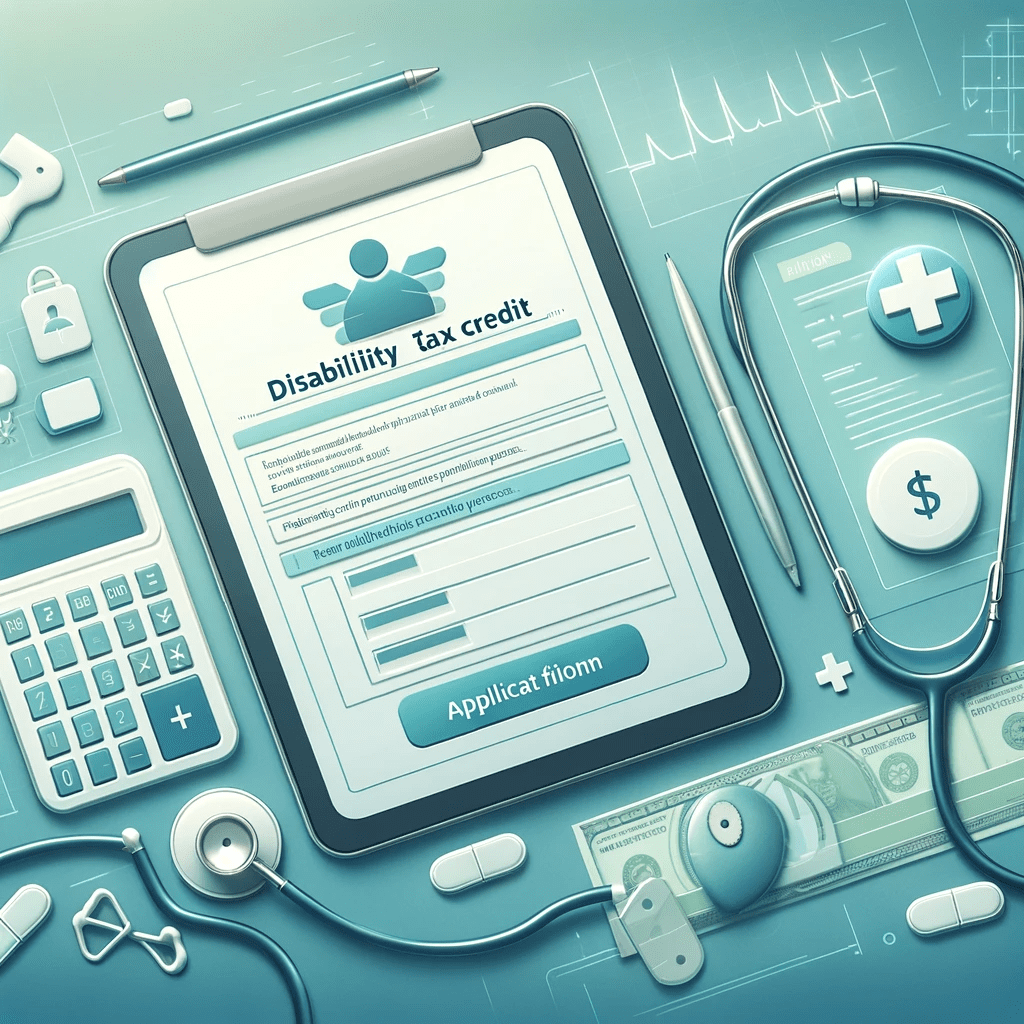- Home
- Blog
- Downloads
- Forum
- Games
- FAQs
- News
- Events
- Shop
- Code
- Contact
About Us
Have questions? Reach out to us anytime through our Contact page.
Read our Privacy Policy, Legal Disclaimer, and Site Content Policy to understand how we protect your data, your rights, and the rules for using our site.
Schedule a meeting with us at your convenience.
Our Products & Services
Explore our full range of products and services designed to meet your needs.
Get fast, reliable support from our helpdesk team—here when you need us.
Enter Virii8Social — your space to build, connect, and bring communities to life.
Get a free website—just add a link back to us.
Your hub for all things WordPress—guides, tips, tools, themes, and tutorials in one place.
Let us help you set up WordPress—fast, clean, and done right.
JBD After Hour Notary – Reliable notary services, available when others aren’t.
Gain guidance and insight from higher realms to illuminate your path forward.
An autonomous driving car with sentinel-like abilities uses a constantly vigilant, multi-sensor AI system that not only navigates and avoids hazards but also actively anticipates threats, protects occupants, and adapts in real time to maintain maximum safety and situational awareness.
- Health
- About Us
- Login
- Register

Approx. read time: 3.6 min.
Post: Streamlining the Disability Tax Credit: A Comprehensive Guide to the New Digital Application Process
Table of Contents
Toggle- Streamlining the Disability Tax Credit: A Comprehensive Guide to the New Digital Application Process – Disability tax credit (DTC)
- Apply with the new digital form
- Applicants can now complete Part A of the DTC application using the new digital form.
- The disability tax credit (DTC) is a non-refundable tax credit that helps people with disabilities, or their supporting family member, reduce the amount of income tax they may have to pay.
- If you have a severe and prolonged impairment, you may apply for the credit. If you are approved, you may claim the credit at tax time.
- By reducing the amount of income tax you may have to pay, the DTC aims to offset some of the extra costs related to the impairment.
- Sections
- Related information
- Digital application for medical practitioners
- Understanding Workplace Disability Rights and Reprisal Protections in Ontario, Canada
- Guide RC4064, Disability-Related Information
- Understanding Workplace Disability Rights and Reprisal Protections in Ontario, Canada
- Income Tax Folio S1-F1-C2, Disability Tax Credit
- Statistics
- Outreach materials to print and share
- How have the tax rules and benefits changed for individuals and Using the class attribute(Opens in a new browser tab)families in Canada for the 2024 tax year?
- Maximize Your CRA Tax Refund: Expert Strategies for Filing Taxes and Smart TFSA Investments in 2024
- Tesla Autopilot stopped for a rabbit on the road caught on video, owner claims
- More than one CSS class
- Retiring on a Low Income
- FAQs about the Disability Tax Credit (DTC):
- 1. What is the Disability Tax Credit (DTC)? – The DTC is a non-refundable tax credit designed to help reduce the income tax that individuals with disabilities or their supporting persons might owe.
- 2. Who is eligible for the DTC? – Eligibility is based on the severity and duration of an individual’s impairment in physical or mental functions, as certified by a medical practitioner.
- 3. How do I apply for the DTC? – To apply, complete the DTC application form, which includes a section that must be filled out by a medical practitioner, then submit it to the Canada Revenue Agency (CRA).
- 4. Is the DTC refundable? – No, the DTC is a non-refundable tax credit, meaning it can reduce your tax owed to zero but you won’t receive a refund for any excess amount.
- 5. Can the DTC be claimed retroactively? – Yes, in some cases, you can claim the DTC for previous years if you were eligible during those years.
- 6. What if my DTC application is denied? – If your application is denied, you can request a review of the decision. It’s also advisable to consult with your medical practitioner or a tax professional.
- 7. Can I claim the DTC for a dependent? – Yes, if you support a person with a disability, you may be able to claim the DTC on their behalf.
- 8. Are there any related benefits or programs linked to DTC eligibility? – Yes, eligibility for the DTC can open doors to other programs like the registered disability savings plan, child disability benefit, and others.
- 9. How often do I need to apply for the DTC? – The CRA will indicate how long your approval is valid. In some cases, you might need to reapply after a certain period, or if your situation changes.
- 10. What documentation is needed for DTC application? – You’ll need the DTC application form completed by yourself and a medical practitioner, along with any other requested documentation that supports your claim.
- Remember, these FAQs are general guidelines. For specific cases or more detailed information, it’s always best to consult directly with the CRA or a tax professional.
- Apply with the new digital form
Streamlining the Disability Tax Credit: A Comprehensive Guide to the New Digital Application Process – Disability tax credit (DTC)
Apply with the new digital form
Applicants can now complete Part A of the DTC application using the new digital form.
The disability tax credit (DTC) is a non-refundable tax credit that helps people with disabilities, or their supporting family member, reduce the amount of income tax they may have to pay.
If you have a severe and prolonged impairment, you may apply for the credit. If you are approved, you may claim the credit at tax time.
By reducing the amount of income tax you may have to pay, the DTC aims to offset some of the extra costs related to the impairment.
Sections
- What is the DTC: Disability tax credit (DTC)
- Understand the DTC and how it helps people
- Who is eligible: Disability tax credit (DTC)
- Review eligibility criteria and find out if you should apply
- How to apply: Disability tax credit (DTC)
- How to complete and submit the 2-part application
- Our review and decision: Disability tax credit (DTC)
- Understand our review process and what to do if your application is approved or denied
- Claiming the credit: Disability tax credit (DTC)
- How to claim the DTC on your income tax return
- Contact the CRA: Disability tax credit (DTC)
- Contact us online, by phone, or by mail









